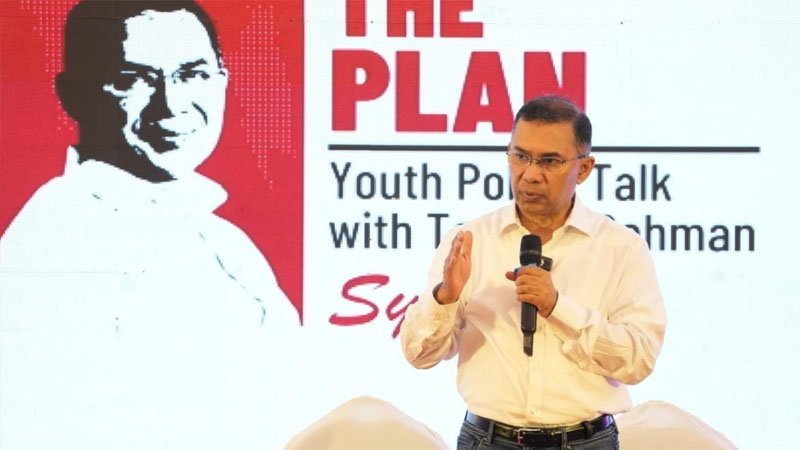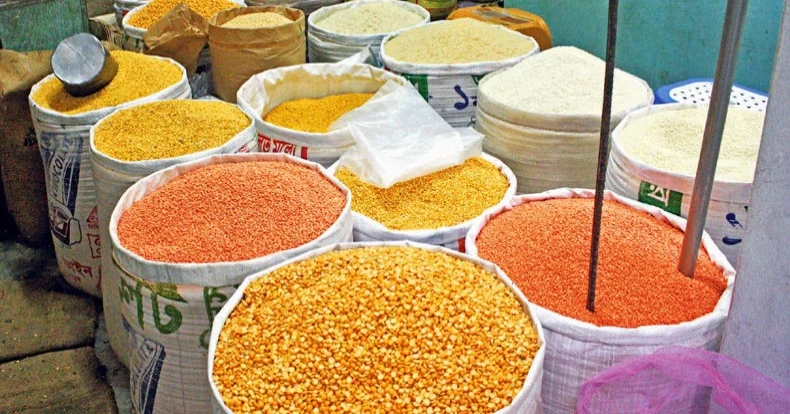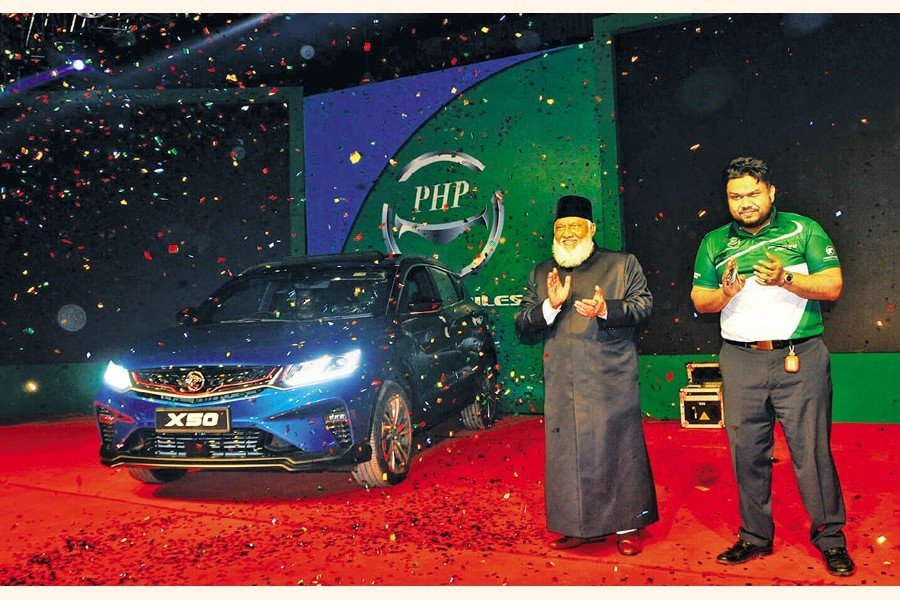Liquid Tree: Jahangirnagar University’s Green Innovation to Tackle Urban Air Pollution in Dhaka
As Dhaka chokes under worsening air pollution and dwindling green spaces, a groundbreaking innovation from Jahangirnagar University (JU) offers hope for the city’s environmental crisis. Researchers have developed the “Liquid Tree”, a revolutionary photobioreactor that mimics natural trees by absorbing carbon dioxide and releasing oxygen, potentially transforming how cities combat pollution.
The Science Behind the Solution
The Liquid Tree harnesses the power of local microalgae to perform photosynthesis, essentially creating an artificial forest in compact, manageable units. Like their natural counterparts, these devices consume CO₂ and produce oxygen, but with remarkable efficiency for urban environments where traditional trees struggle to survive.
The technology comes in two variants: outdoor models that utilize natural sunlight and indoor versions powered by artificial lighting. This versatility makes the system adaptable to Bangladesh’s diverse urban landscapes, from crowded streets to office buildings and homes.
Launching a Green Revolution
The innovation was officially unveiled on August 25 at a seminar titled “IoT-Based Smart Liquid Trees for Carbon Footprint Mitigation in Dense Urban Areas of Bangladesh.” The presentation highlighted not just the technology’s current capabilities, but its potential to reshape urban environmental management.
Each Liquid Tree unit currently costs between Tk80,000–100,000, though researchers project significant price reductions once commercial production scales up. The microalgae remain effective for 8-9 months before requiring replacement – a process costing only Tk2,000–3,000. Even the used algae find new purpose as organic fertilizer, creating a sustainable cycle of environmental benefit.
Beyond Air Purification
The Liquid Tree’s potential extends far beyond simple air cleaning. Researchers envision the technology as a cornerstone of Bangladesh’s emerging green economy, capable of producing biofuel and high-quality organic fertilizer. The system could create new employment opportunities while positioning Bangladesh as a global leader in urban environmental technology.
The indoor models particularly excite researchers, who see them as game-changers for achieving zero carbon emissions in industries, educational institutions, and research centers. This capability could prove invaluable as Bangladesh works toward its climate commitments while maintaining economic growth.
Challenges and Opportunities
The research team acknowledges the technology faces hurdles, including high initial costs and maintenance requirements. However, they emphasize the broader possibilities these challenges present. Local algae species can be further developed and optimized, potentially creating entirely new biotechnology industries.
Future integration into urban planning could see Liquid Trees becoming as common as streetlights or bus stops, fundamentally altering how cities approach air quality management.
Institutional Support and Vision
Vice-Chancellor Professor Dr Mohammad Kamrul Ahsan praised the innovation’s global potential, stating that such developments benefit not only Bangladesh but contribute to worldwide carbon reduction efforts. He assured continued university support through JU’s Research Innovation Centre (RIC-JU) while urging researchers to make the technology affordable and accessible.
The World Bank-funded project represents collaborative excellence, bringing together expertise from JU’s Urban and Regional Planning and Biotechnology departments, BRAC University’s Electrical and Electronic Engineering division, and international partners from EPL Solutions, USA.
A Practical Path Forward
In a rapidly urbanizing nation where traditional environmental solutions struggle against concrete and congestion, the Liquid Tree offers more than symbolic hope , it provides a practical pathway toward cleaner air and sustainable development.
As Dhaka and other Bangladeshi cities grapple with pollution levels that make daily life increasingly difficult, innovations like the Liquid Tree demonstrate that scientific ingenuity can offer real solutions to pressing environmental challenges. The technology’s potential to transform from laboratory curiosity to urban necessity may well determine whether Bangladesh’s cities remain livable in the decades ahead.
With continued development and support, the Liquid Tree could become Bangladesh’s contribution to the global fight against urban air pollution, proving that sometimes the most powerful environmental solutions come in the most unexpected packages.
Explore how students are driving change with business ideas, startups, and academic programs in our latest feature:
Entrepreneurship Studies in Bangladesh – A Student Guide







